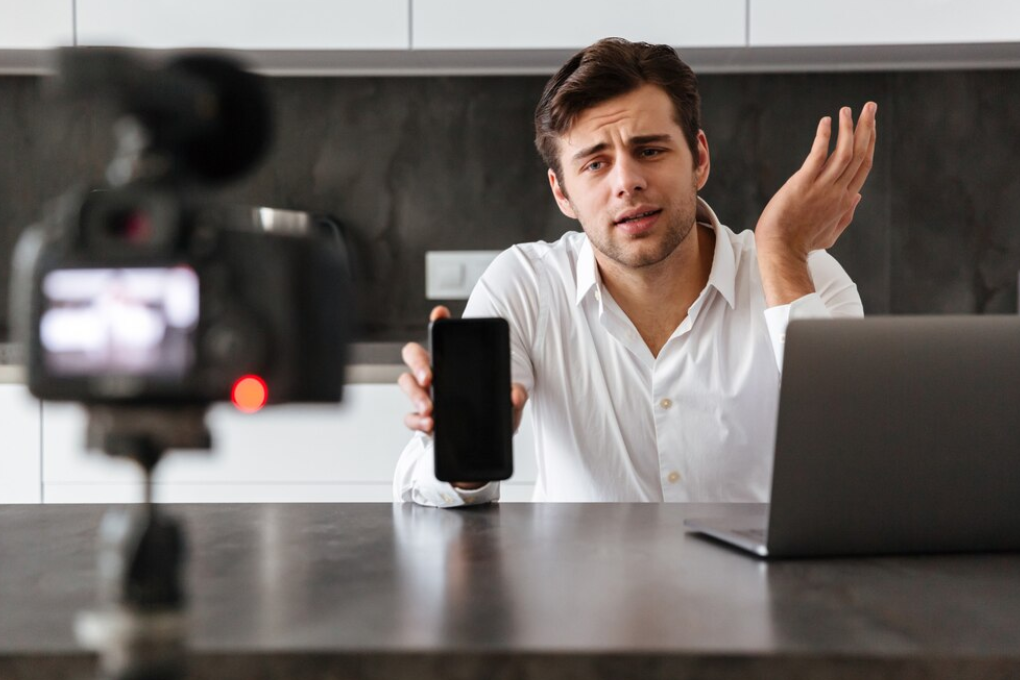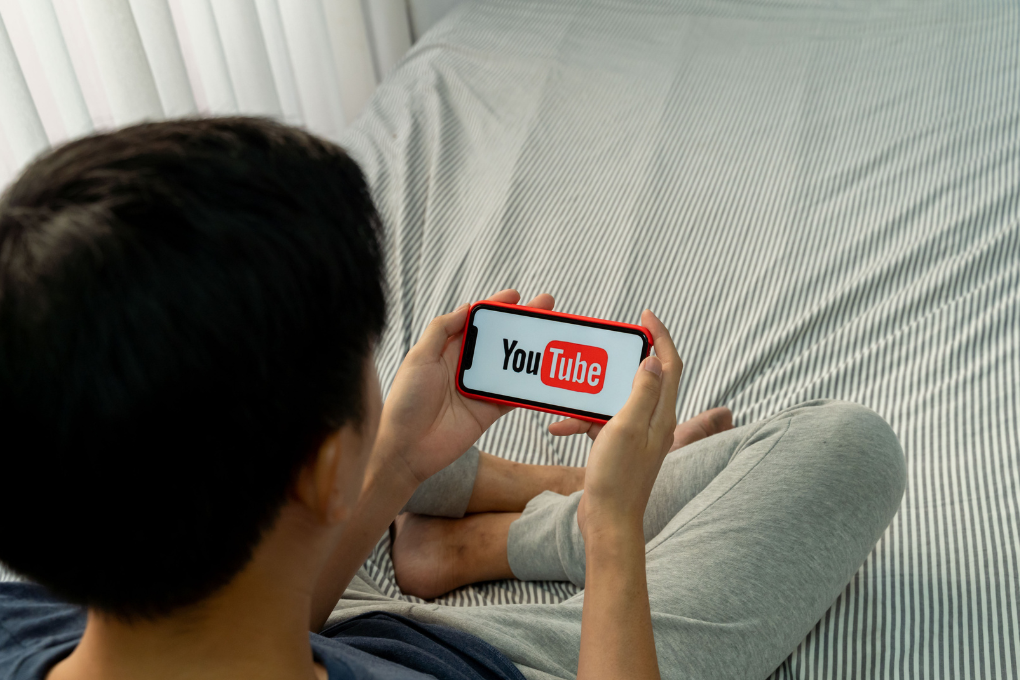YouTube has become a popular platform where creators share personal stories, advice, and insights on mental health, sparking discussions on its impact, ethical boundaries, and the responsibilities of creators. Let’s explore YouTubers’ content on mental health to gain a deeper understanding of this complex issue. Creators on YouTube have taken on the challenge of addressing mental health in a variety of ways, from sharing their own experiences and struggles to providing resources and support for viewers. Many have found success in opening up about their mental health journeys, while others have faced criticism for potentially exploiting sensitive topics for views and engagement. As the conversation around mental health on YouTube continues to evolve, it’s important to consider the impact of these videos on both creators and viewers and the ethical responsibilities that come with discussing such a complex and personal issue on a public platform.
YouTube content and viewer perceptions of mental illness are having a tremendous effect.
YouTube has quickly become a platform where creators openly discuss mental health, increasing viewers’ understanding of it. YouTubers share personal experiences and advice to influence how their audiences view mental health challenges; Viewers may often relate to these authenticity-infused content creators’ portrayals, feeling connected and supported in their battles.
Watching someone they admire discuss mental health can normalize seeking assistance and decrease the stigma surrounding mental illness, but YouTubers must proceed carefully when discussing mental health-related topics, as oversimplification or falsehood could potentially damage viewers’ perceptions of reality. YouTubers must approach this content responsibly.
YouTubers’ approaches to mental health topics can have a powerful influence on their audiences’ attitudes and actions towards seeking support and prioritizing their well-being.
Ethical concerns surround sharing personal stories and advice on mental health.
As YouTubers open up about their mental health struggles and offer advice to their viewers, ethical concerns arise. Sharing personal accounts can be powerful yet delicate; blurring the line between entertainment and genuine support. Creators may unintentionally sensationalize complex issues like depression or anxiety and potentially mislead their audience.

Offering mental health advice without professional qualifications can be dangerous. Viewers could mistake well-meaning suggestions for expert advice, leading to potentially disastrous consequences. Content creators must consider the impact their words could have on vulnerable viewers and act responsibly by sharing accurate and helpful information.
Navigating the ethics of mental health content on YouTube requires care and mindfulness, so YouTubers must strive to strike a balance between authentic discussion and accountability when discussing such delicate subjects online.
Case Studies of YouTubers who create mental health content
Let’s delve into the fascinating world of YouTubers who are using their platforms to offer insight into mental health. A notable case in point is Lily, a beauty guru turned mental health advocate. Through her videos, she openly discusses her struggles with anxiety and depression while offering viewers a peek into her journey toward healing.

Alex, a lifestyle vlogger who incorporates mindfulness practices and self-care tips in his content, stands out as another notable example. By normalizing conversations about mental well-being, he encourages his audience to prioritize their emotional wellness.
Sarah represents the opposite extreme; her sensationalized accounts of overcoming trauma have ignited heated discussions regarding ethical storytelling within mental health content creation, raising questions regarding where entertainment stops and exploitation begins in such narratives.
These case studies showcase the diverse strategies YouTubers take when discussing mental health topics – from vulnerability and authenticity to potential risks associated with sensationalism.
YouTubers bear a responsibility to provide accurate and useful information.
Content creators play an essential role in providing accurate and useful mental health information on YouTube. Viewers often turn to them for guidance and support, making it paramount that creators approach this topic with care and expertise.
YouTubers should emphasize fact-checking and consulting mental health professionals before sharing advice or personal experiences on mental health topics. Misinformation may cause harm by perpetuating stigmas surrounding mental illness. Creators need to recognize the potential repercussions their words could have on vulnerable individuals who seek guidance.
Transparency is crucial when discussing sensitive subjects like mental health. YouTubers need to demonstrate they are being honest in their content creation, providing appropriate resources if viewers require additional assistance or information.
Taken seriously, YouTubers can contribute positively to the conversation around mental health while offering invaluable assistance to those in need.
Entertainment with awareness of mental health issues
YouTube content creators strive to capture the attention of millions of viewers; when discussing mental health, there must be a delicate balance struck between engaging viewers with entertainment value and maintaining sensitivity towards mental health issues.
YouTubers hold an unprecedented platform with vast reach and influence that allows them to provide accurate information and support to those struggling with mental health challenges. By sharing personal stories and advice, content creators can have a positive influence on viewers’ understanding of mental illness.

YouTubers must tread carefully when discussing sensitive subjects like mental health. While destigmatizing conversations about mental illness and offering genuine support are paramount, it’s also vital that the information shared be accurate and up-to-date.
YouTube creators must strike a balance between entertaining value and mental health awareness when creating videos for viewers to watch; creating engaging, educational content while supporting viewers through complex emotional challenges will only serve to further broaden positive discussions surrounding mental health on YouTube. As more creators explore this territory, prioritizing viewer well-being over anything else will only promote more constructive discussions around mental health on YouTube.








